Description
北京的公共空間——聚會、跳舞、玩耍、社交、討論、交流、做夢、愛、獨自或與別人一起假想的場所——正在慢慢被根除。取而代之的是,國家主導構建的精緻、國際化未來的願景。
《八家》第二期探討了中國都市裡公共空間的消失,尤其是那些挑戰這種都市社會消除術的社會實踐藝術家、建築師和企業家。在這個印刷的空間裡,24 位供稿者以調查、強調、記錄和抽象化各種方法來(重新)構建、創建、顛覆和維護那些促成他的各種社會和人際關係。經過 18 個月的研究和合作,本期《八家》呈現了以當地的政治、經濟和社會復雜性為基礎的對話,而不是那些西方話語的餘音。
Beijing’s social spaces—sites for gathering, dancing, playing, socializing, discussing, exchanging, dreaming, loving, hypothesizing both alone and with others—are slowly being eradicated. In their place state-led visions of a refined, cosmopolitan future are constructed.
This second issue of Bajia considers the disappearance of social spaces throughout urban China, and particularly the socially engaged artist, architects and entrepreneurs that are challenging this socio-urban erasure. Within this printed space, twenty-four contributors survey, highlight, document and abstract various approaches to (re)building, creating, subverting, and maintaining the social and various interpersonal relationships that comprise it. Through eighteen months of research and collaboration, this issue of Bajia presents conversations guided by the political, economic, and social complexities inherent to the region, and not those of a Western legacy.
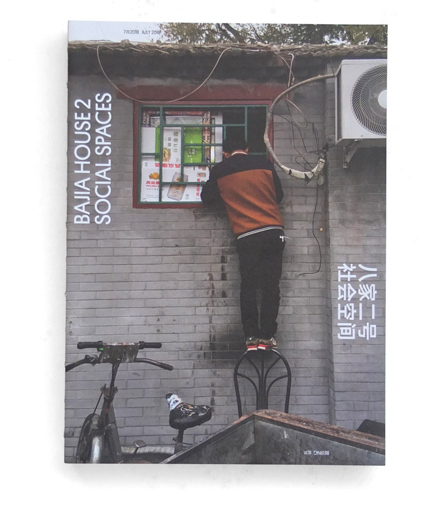
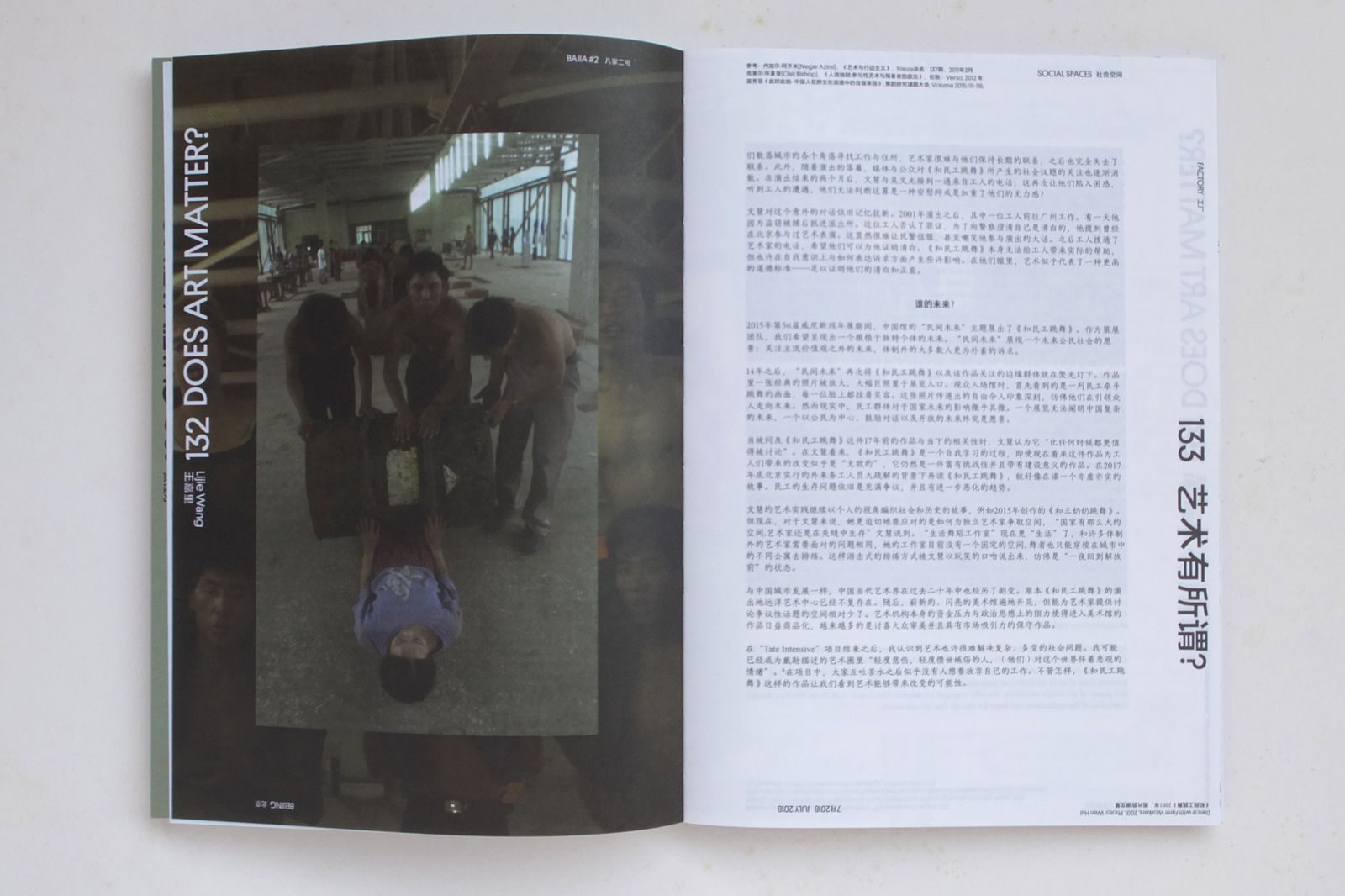
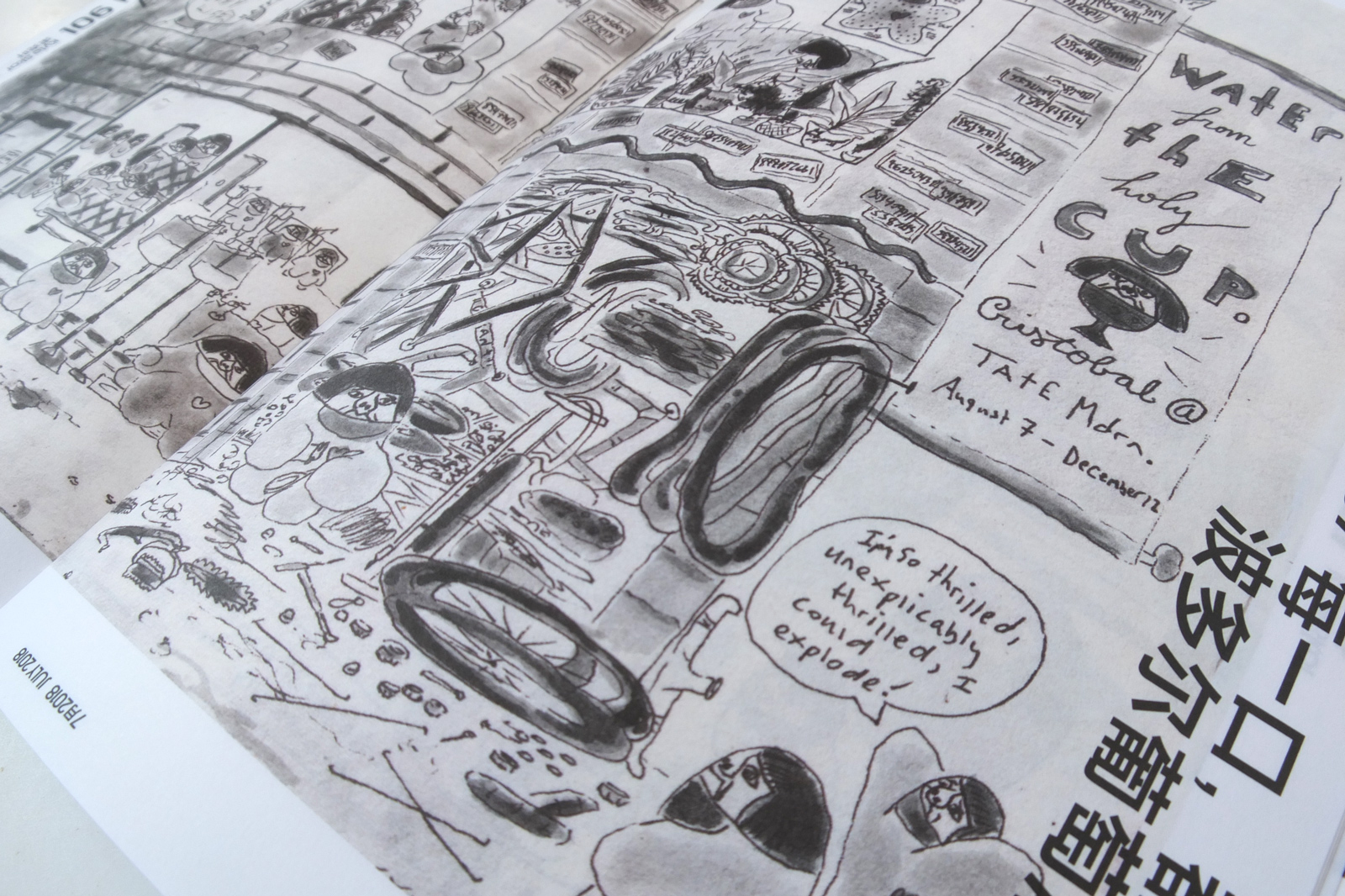

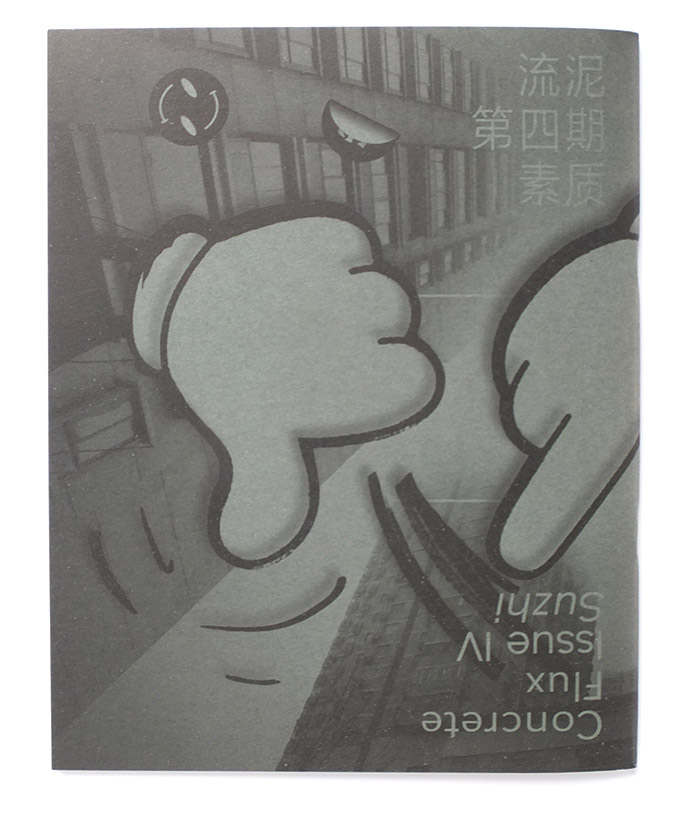

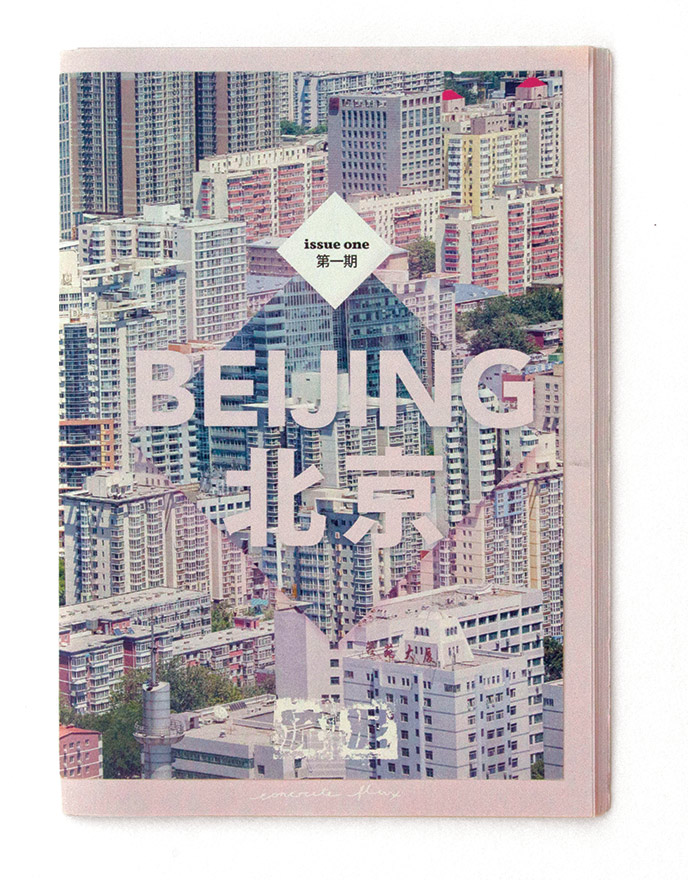
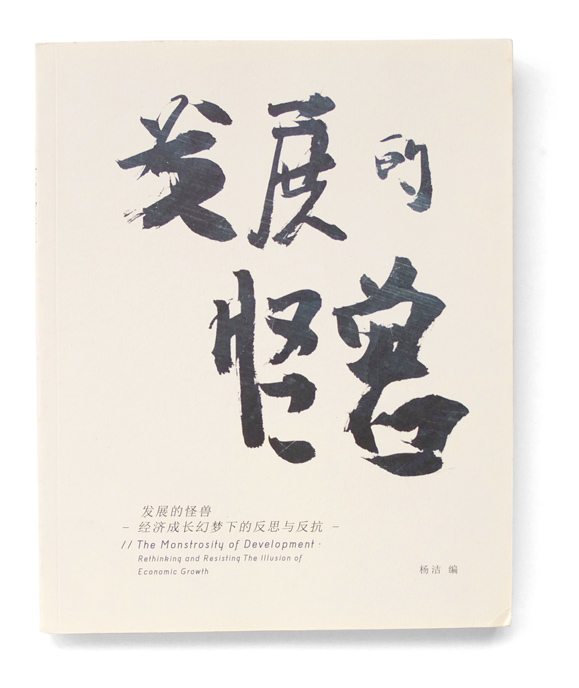


Reviews
There are no reviews yet.